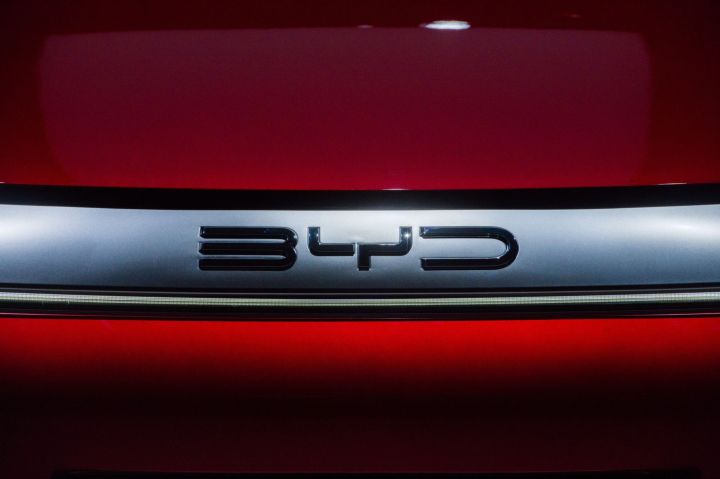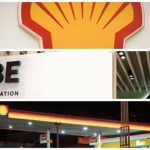Business Maverick
BYD takes on EV laggards Toyota, VW with steep China price cuts

Not content with unseating Tesla Inc. as the world’s top-selling electric car maker, BYD Co. has now set its sights on stealing customers from the likes of Toyota Motor Corp. and Volkswagen AG in one of the most aggressive rounds of discounting seen in China’s bruising price war.
The car manufacturer is currently discounting almost every electric and hybrid car model it sells, as part of a marketing campaign declaring “electricity is cheaper than oil”.
Data from Chinese car portal 16888.com analysed by Bloomberg News shows BYD has cut prices on more than 100 existing model versions compared with December, and relaunched a further 70 model trims with lower prices. About the only unaffected models come from its recently launched Yangwang brand, including its newly unveiled supercar, which goes for 1.68 million yuan ($233,000).
Notably, BYD’s most-affordable EV has become even cheaper still. The Seagull hatchback has been discounted 5% to 69,800 yuan (or less than $10,000, which undercuts the average price of an American EV by more than $50,000). BYD’s top-selling Qin Plus sedan has been discounted even more steeply, by 20% to a starting price of 79,800 yuan.
While Chinese EV manufacturers have generally pitched their models at first-time car buyers in wealthy cities like Shanghai and Shenzhen, BYD’s all-out price cuts are aimed at persuading drivers to ditch their gasoline cars and go electric, while also seeking to win customers in smaller cities and rural areas who previously couldn’t afford an EV.
The strategy is a threat to Toyota, Volkswagen and Nissan Motor Co., which have all been slow to transition to EVs and seen their China sales suffer as a result.
“This is round two of the price war,” said Bill Russo, founder and chief executive officer of Shanghai-based consultancy Automobility. “BYD is using its margin advantage to attack the market. If I’ve got more chips in my stack on the poker table, then I’m going to try and bully that person off the table.”
The extent of the latest price cuts has shocked even long-time observers used to the nature of China’s hyper-competitive auto market. China Passenger Car Association Secretary General Cui Dongshu wrote on his blog last week that discounting has become “ultra intense” and reached “an astonishing level”.
The hefty discounts are supercharging sales — the Qin Plus and Seagull both cracked the top five selling sedans or hatchbacks in the first two months of 2024. A year ago, Nissan’s petrol-fuelled Sylphy was the top seller, followed by VW’s Lavida. The Sylphy and Toyota’s Corolla were among the cars named by Morgan Stanley analysts in a 19 February report as being under the greatest threat from BYD’s discounts.
“New energy vehicles are severely cutting prices,” the PCA’s Cui wrote in his blog, adding that some ICE manufacturers had reached a floor with their current discounts. New-energy vehicles, which include pure battery EVs and plug-in hybrids, accounted for 35.8% of new car sales in February, according to Bloomberg Intelligence.
BYD will release its 2023 results on Tuesday. While the company has already flagged annual profit of between 29 billion yuan to 31 billion yuan, analysts and investors will be looking for signs the price war is hitting margins.
“With more companies trimming EV prices, those with higher margins could cushion more aggressive price cuts,” BloombergNEF wrote in a March 21 report. “But an extended price war will squeeze revenues as most firms are yet to turn a profit on producing EVs.”
The latest escalation of the price war could also hasten a shakeout of China’s EV sector, as weaker manufacturers are forced to merge or go out of business.
China has “too many brands, too many models on the market”, Yuqian Ding, HSBC Qianhai’s head of China auto research, told Bloomberg Television last week. “The industry is due for consolidation.”

















I value an EV as having a 5 year life with the entire purchase priced depreciated to zero in that time. Just wait until all these batteries die. The cars will all have scrap value. With a cost for disposal of the batteries taken off that.